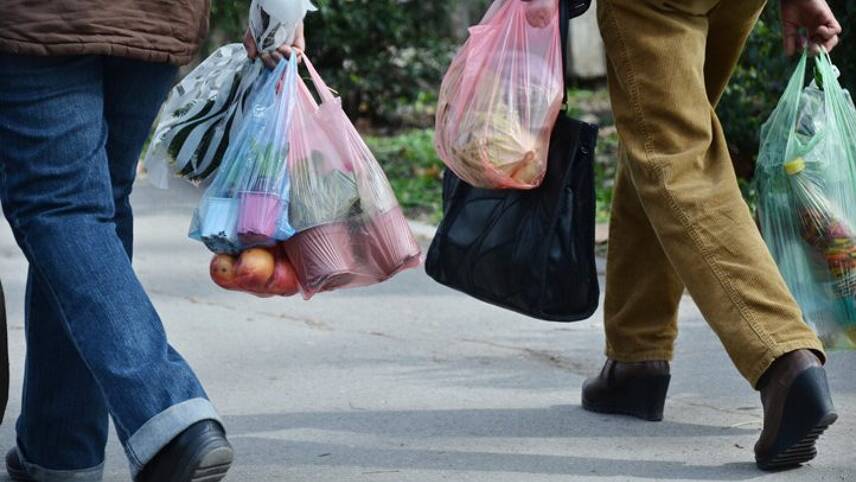Register for free and continue reading
Join our growing army of changemakers and get unlimited access to our premium content

Minimising plastic bag use is welcome, and the recognition of our throwaway culture is even more important. If Mrs May is serious about this aim, there are two challenges that the 25 YEP doesn’t address which are more crucial to environmental protection than the plastic bag extension – and will help society’s wellbeing too.
1. We’re still on a collision course with the planet’s boundaries.
Globally, we consume 50% more resources than the planet can replenish each year – causing over fishing and ocean damage, rainforest destruction, climate change, soil erosion, and the drying up of entire lakes as water is diverted for cotton fields. Put another way, we use 1.5 planets worth of resources each year, but we only have one. If everyone in the world lived like the average Brit, the global population would consume 3 planets per year because we consume far more resources than the global average.
The 25 YEP plan talks about using our global leadership to help others reduce their impact. The UK would be on a much stronger footing to lead if we could show it is possible for us to live within one planet limits. The heart of this challenge lies in addressing the belief in never-ending economic growth, which depends on having the resources (fuels, farmland, building materials, precious metals and more) at the base of the economy. One-planet living is not compatible with eternal growth and we Brits currently take three times more from the planet than the sustainable level. The 25 YEP includes the word “growth” 55 times. “Finite” appears once. Our credibility as leaders rests in living within a finite limit, which has already been set by the planet and we already know. Mrs May wants us to be “the first generation to leave the environment in a better state than we found it”, but the current plan leaves us in danger of just killing the planet less quickly.
2. The damage consumerism does to young people’s mental health, and the pointlessness of (some) consumption
Are these facts related? The Girl Guides attitudes survey found that 53% of 11-21 year old females say people make them feel like the most important thing about them is the way they look. Young people’s levels of unhappiness, anxiety and depression have increased in line with the prevalence of advertising and electronic media usage. A survey of almost 2,000 people found that the majority of fashion purchases see the light of day just seven times before being thrown away.
We seemingly don’t love our purchases – throwing most clothes away after only one week’s worth of wear is hardly a long term relationship – and training our young people that image is everything seems at odds with a loving society. We’re overshooting the planet’s budget, and it’s not even making us happier.
The 25YEP mentions wellbeing (especially young people’s) 29 times. But it doesn’t ask the crucial question, “What is the point of consuming all this stuff, if it isn’t improving wellbeing but is destroying the planet”?
Social scientists have known for years that young people (and adults) whose strategy for success is to accumulate ever more ‘stuff’ (trainers, houses, jewellery, cars, bags, mobile phones) are less happy than those who prioritise spending time with friends and family, have hobbies that expand their mind, find a purpose in life, do more exercise, spend more time outdoors and are active in their community. In fact, materialistic tendencies are linked to decreased life satisfaction, happiness, vitality and social cooperation, and an increase in depression, anxiety, racism and antisocial behaviour. Studies have shown that the type of happiness associated with a purchase, like a new T-shirt, is a euphoric type of happiness, similar to an adrenaline sport. The effect is short-lived and so another purchase is required to gain the same rush.
These are not simple issues to solve, but we can make progress within a 25-year timeframe. Here’s how. Let’s start with a national conversation about what really makes us happy, deep down, and we might just find that the answer is a bunch of activity that is entirely compatible with the fragile planet’s finite resources.
Chris Large is senior partner at Global Action Plan



Please login or Register to leave a comment.